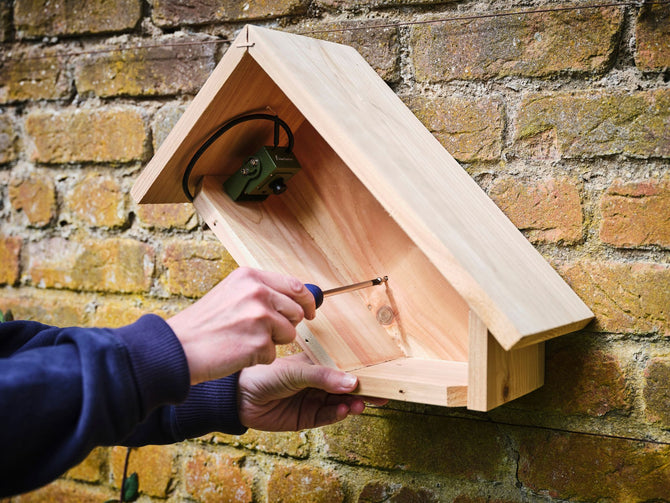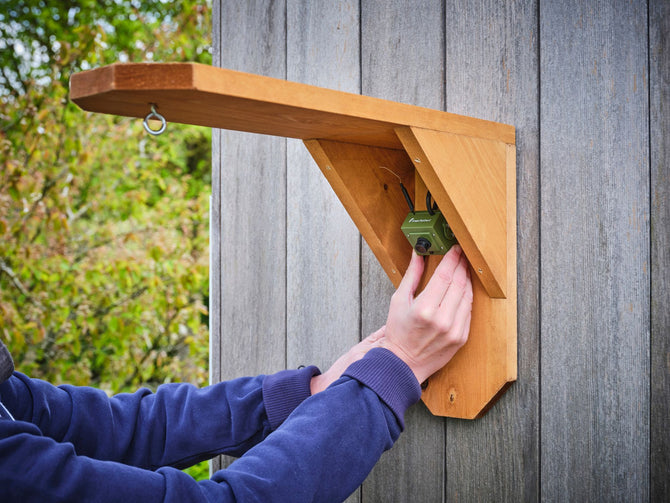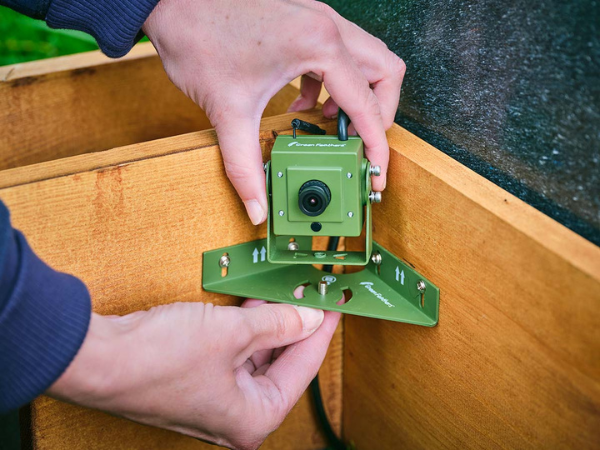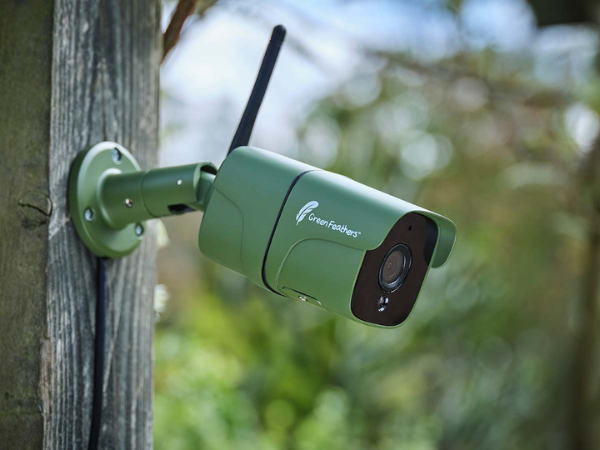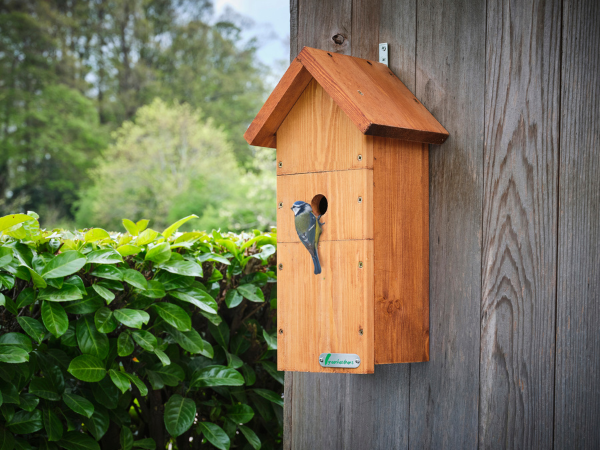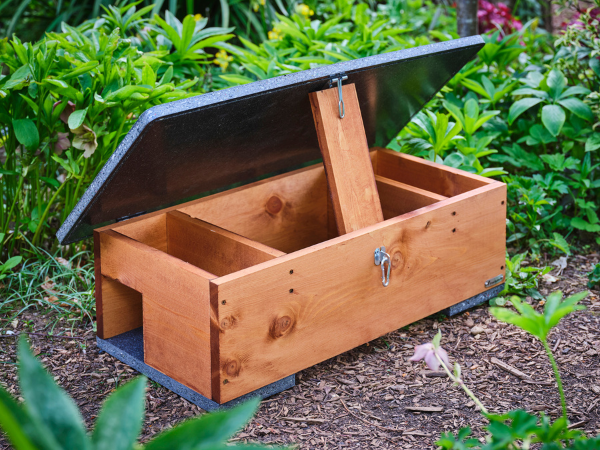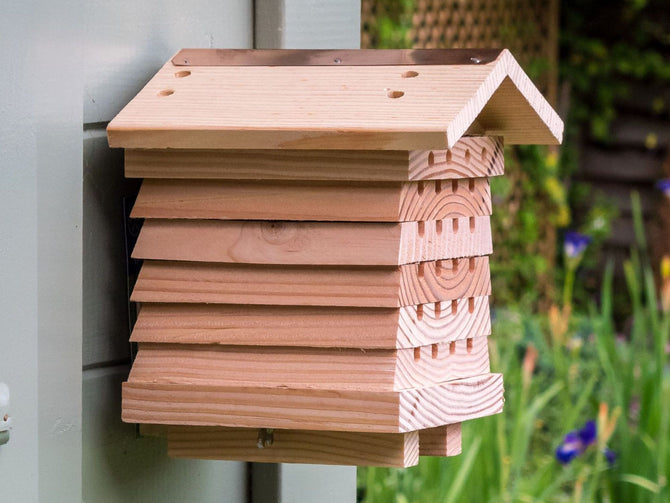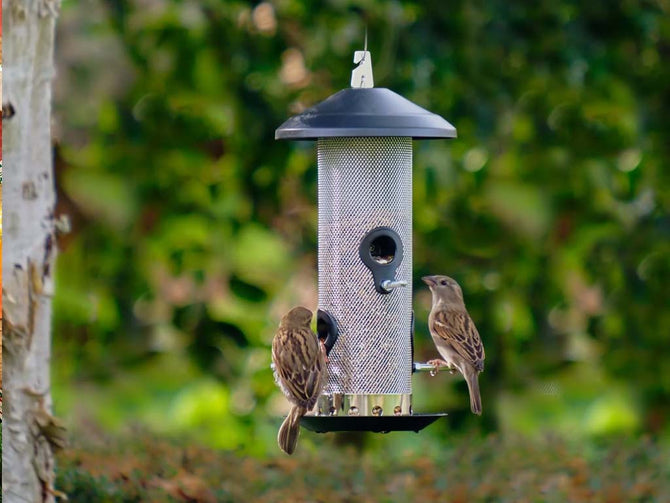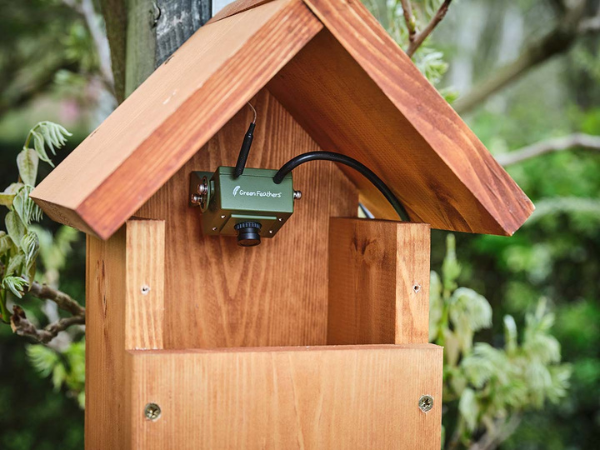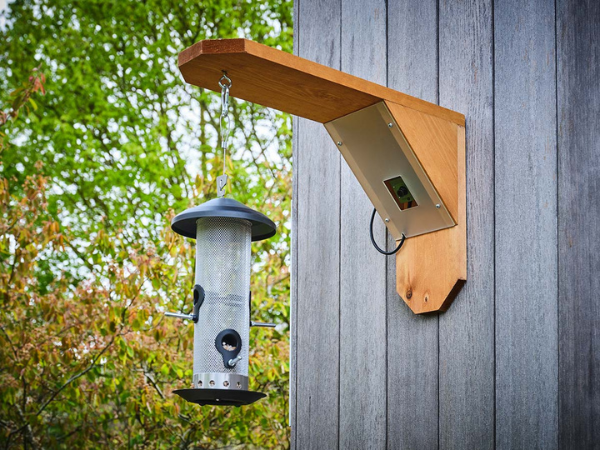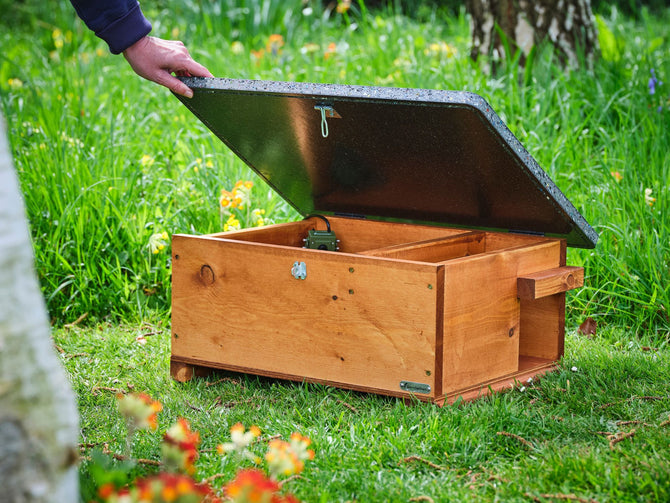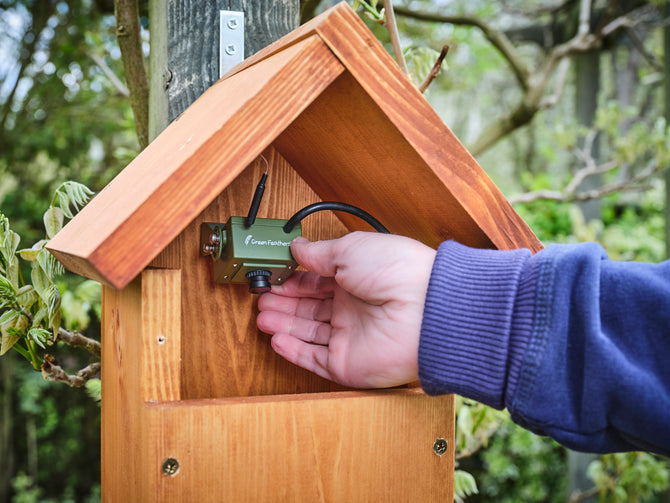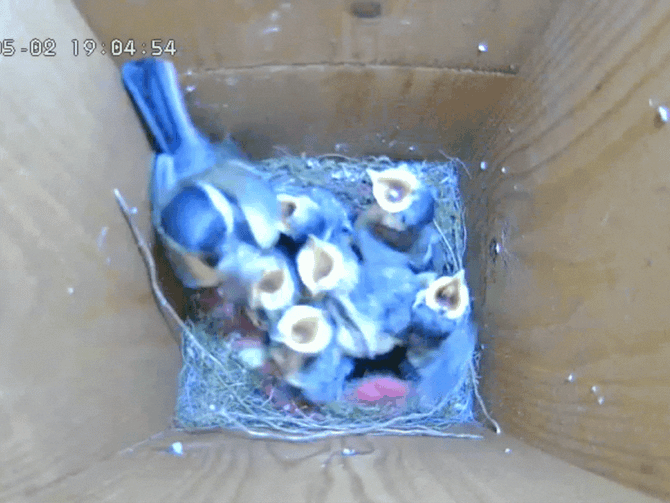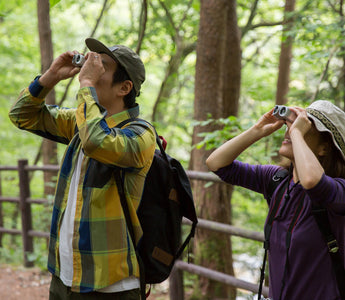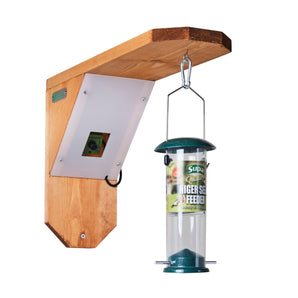Step outside and listen. Not to your phone, or to the whir of traffic. Listen for wings. A chirp. The fast-paced flute of a wren or the squawk of a woodpigeon balancing on your fence. It’s subtle, but it matters.
Birds have a quiet way of changing how we feel, how we move through the world. And if you’ve ever wondered whether there’s more to it than just a pleasant distraction, the answer is yes. There’s quite a bit more. Let’s take a closer look at the benefits of bird watching, and why something so simple can have such a lasting impact on the mind.
Is bird watching good for your brain?
It is, and in more ways than one. In a large-scale study by King’s College London, researchers found that seeing or hearing birds regularly was linked to lower levels of depression, anxiety and stress. And not just for seasoned twitchers; the effects were noticeable even in casual encounters. A momentary glance, a fleeting call... Those brief interactions were found to have a positive impact on mood for hours afterwards.

Birdsong, in particular, seems to do something subtle but profound to the human brain. It acts a bit like a mental deep breath. You may find your mind softens, and that low-level tension eases. There’s even evidence it improves focus and supports stress recovery, gently nudging your attention away from the churn of day-to-day thoughts. So yes, bird watching is good for your brain. And not just because it's calming, it actively reshapes your state of mind, even if you don’t quite notice it happening.
Why should you watch birds?
Because they invite you to look closer. To pause. You may not realise it right away, but birds are everywhere. Darting through hedgerows, staking out the feeders, and patrolling rooftops. And when you start to notice them, you may notice your focus slows, your gaze softens and the world widens a little. There’s something about bird watching that breaks the loop of hurry and habit. You’re not checking something off a list. You’re just… Watching. Maybe even learning a thing or two without meaning to.
If you’re curious to give it a try, here’s a helpful guide on how to get started with bird watching. You don’t need much. Just a window, a moment, and a little attention.
Bird watching as a skill
So, is bird watching a skill? Absolutely. But not in the way people sometimes expect. You won’t need Latin names or fancy gear (though a decent pair of binoculars doesn’t hurt). What you’re really building is attentiveness. You’re learning how to sit still, notice small differences, anticipate flight paths, even recognise individual calls or behaviours. And like any good skill, the more you practice, the more layered it becomes, and you’ll start to see seasonal patterns. You might keep a notebook, or learn to tell one finch from another by the way they land, for example. There’s no rush, and no rules to abide by - it’s simply the joy of noticing!
The benefits of bird watching
Birdwatching might look simple, but behind that stillness, there’s a surprising amount going on. For your mind, your mood, even the way you pay attention to the world. If you’re wondering what bird watching actually does for you, here are a few of its quiet but powerful benefits:

Improved mental wellbeing
Studies show regular encounters with birds can reduce symptoms of depression, anxiety, and stress, even if the encounters are brief.
Sharper focus and stress recovery
Birdsong can help reset your concentration and ease cognitive fatigue. It’s a soft background that soothes rather than distracts.
Greater connection with nature
Bird watching draws your attention outward. It encourages you to be present, to slow down and have a stronger appreciation for the life around you.
Gentle Physical Activity
Even short walks or time spent in a bird hide involve movement, fresh air, and daylight are all linked to improved physical health.
Lifelong learning
From identifying calls to understanding seasonal behaviours, birding feeds your curiosity and keeps your brain engaged.
How to birdwatch from home
Not everyone has access to a nature reserve or the time to head out with binoculars every weekend, but that doesn’t mean you have to miss out. Bird box cameras bring the wonder right to your screen. Mounted inside specially designed nesting boxes, they give you a front-row seat to some of the most intimate and fascinating moments in a bird’s life.
Whether you’re nurturing a child’s curiosity, learning more about local species in your area, or simply hoping for a daily dose of wonder, bird box cameras offer a beautiful way to stay connected to wildlife. And they’re discreet. This way, the birds aren’t disturbed and you’re not intruding, simply observing.

If you're watching birds in your garden, consider these gentle ways to observe them without disturbing. A bit of stealth goes a long way.
There’s a reason birdwatching has been around as long as binoculars. Or longer, probably. It’s simple, it’s grounding and it works. Whether you’re a seasoned twitcher with a notebook full of sightings or someone who just likes the idea of pausing to admire a passing goldfinch, the benefits of bird watching are there for you to enjoy. And if you need a little inspiration to get started? Consider this infamous quote from Irish essayist Robert Lynd:
“In order to see birds it is necessary to become a part of the silence.”
Start there. Become part of the silence and see what happens next.

